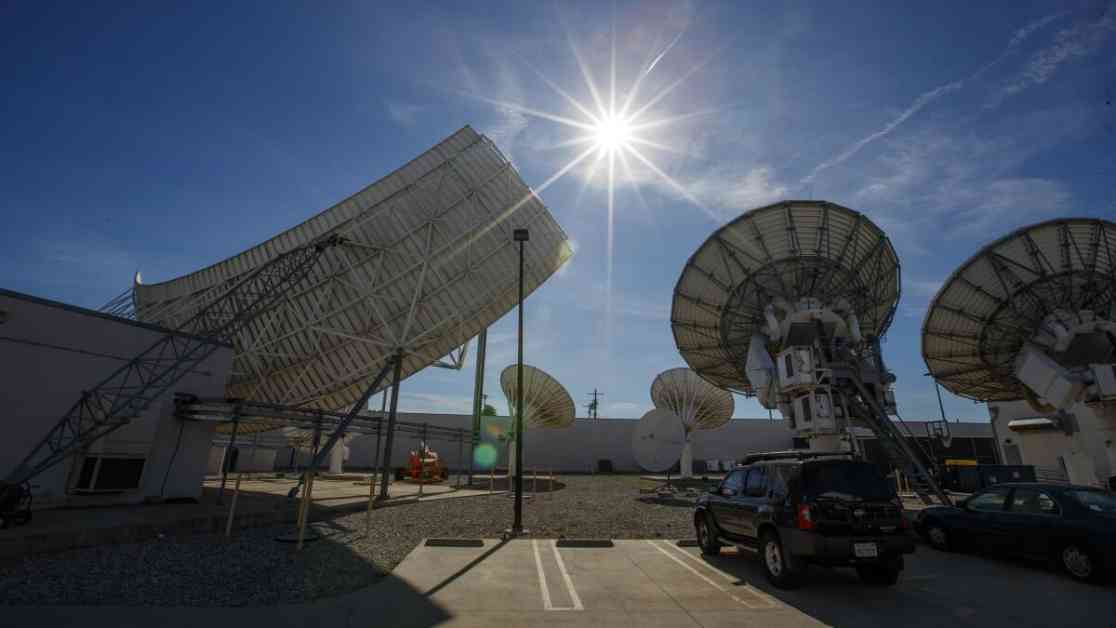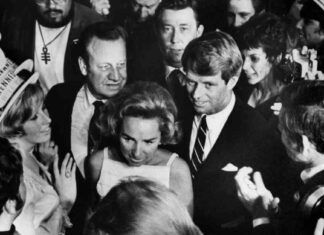After a 13-day blackout, Walt Disney Co. and DirecTV have finally reached a resolution to their contract dispute, bringing relief to over 10 million DirecTV subscribers who were left without access to ESPN, ABC stations, and other Disney-owned channels. The blackout had left DirecTV and U-Verse customers frustrated since talks broke down on September 1st, leading to a loss of Disney programming for subscribers.
Motivated by the upcoming weekend of ESPN and ABC college football, ABC’s telecast of the 76th Emmy Awards, and the second week of ESPN’s “Monday Night Football,” both companies were eager to reach an agreement before missing out on these highly anticipated events. The blackout had proven to be costly for DirecTV, with thousands of subscribers canceling their service. In response, DirecTV made efforts to stop the bleeding by pushing for a resolution in negotiations.
After extensive discussions, DirecTV and Disney announced an “agreement in principle,” which includes adjustments in the fees that DirecTV pays for Disney programming. As a result, DirecTV will be implementing price hikes on some bundles next month due to increased programming costs. However, the new contract also includes wins for DirecTV, such as the ability to offer Disney channels in genre packages, including sports, general entertainment, and a “kids & family” package.
Additionally, DirecTV can now provide access to Disney’s streaming services, including Hulu, ESPN+, and Disney+, to customers who subscribe to certain packages or on an a la carte basis. This will also encompass the upcoming ESPN streaming service that Disney plans to launch next year. Both companies highlighted the importance of this collaboration in offering customers more flexible options to tailor their video experience to their preferences.
The dispute between Disney and DirecTV sheds light on the challenges faced by traditional pay-TV distributors in the midst of the streaming revolution. With a shrinking base of big-bundle subscribers, these companies are grappling with higher programming expenses, particularly the rising costs of carrying broadcast channels and sports networks like ESPN. ESPN, in particular, is noted as the most expensive basic cable channel, costing pay-TV distributors close to $10 per month per subscriber home.
One of the major points of contention in the dispute was Disney’s requirement that its channels be accessible in the majority of DirecTV and U-Verse homes. While Disney has long insisted on reaching around 90% of DirecTV’s subscriber base, ESPN’s minimum threshold stands at approximately 82%. Pay-TV companies face penalties if they fail to meet this “minimum penetration,” a factor that DirecTV sought to relax in negotiations to offer customers more tailored bundles at lower prices.
DirecTV emphasized the need to move away from traditional “bloated bundles” filled with expensive channels that many customers do not watch. The company argued for a more flexible approach that aligns with evolving consumer preferences and viewing habits. On the other hand, Disney maintained that quality programming comes at a cost and highlighted its ongoing investments in producing high-quality content for viewers.
The resolution of the contract dispute between Disney and DirecTV reflects a broader trend in the industry, where traditional pay-TV distributors are facing increasing pressure to adapt to changing consumer behaviors and preferences. With more households opting to cut the cord and explore streaming options, companies like Disney and DirecTV are navigating a shifting landscape that demands innovation and flexibility in their offerings.
As the battle between Disney and DirecTV unfolded, it underscored the challenges faced by pay-TV distributors in balancing the rising costs of programming with the need to retain customers in a competitive market. The agreement reached between the two companies marks a step towards addressing these challenges, with a focus on providing customers with more personalized and flexible viewing options.
Overall, the resolution of the contract dispute between DirecTV and Disney represents a significant milestone in the evolving landscape of the pay-TV industry. As both companies work to adapt to changing consumer preferences and behaviors, the agreement reached will likely have implications for how future negotiations and deals are structured in the industry. By prioritizing flexibility and consumer choice, DirecTV and Disney are taking steps to meet the demands of a rapidly changing media landscape.



























